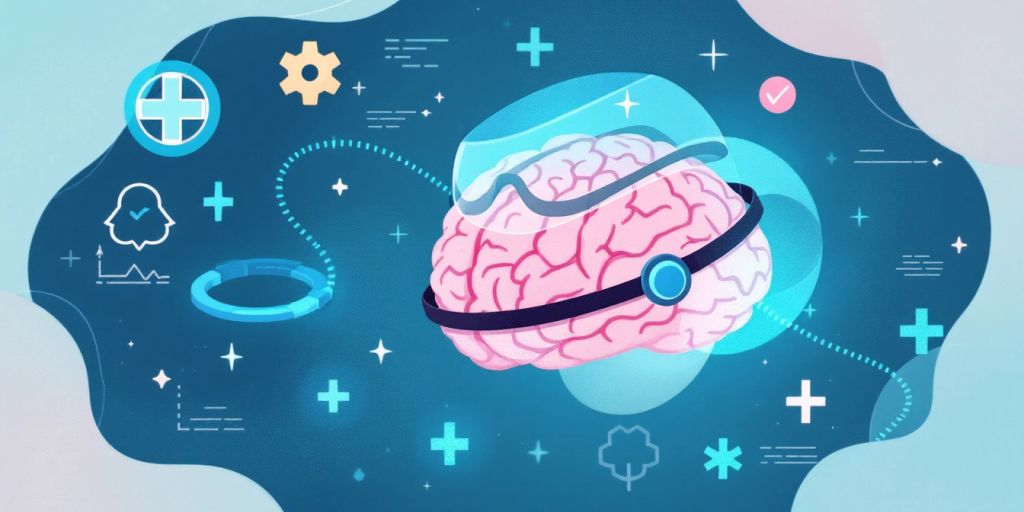The American College of Surgeons (ACS) has recently released revised best practice guidelines aimed at improving the management of traumatic brain injury (TBI). This update comes in response to the growing recognition of TBI as a significant public health issue, affecting millions globally and costing the economy billions annually. The guidelines incorporate the latest research and insights from a multidisciplinary panel of experts, providing healthcare professionals with essential strategies for enhancing patient care and outcomes.
Key Takeaways
- Advanced Neuromonitoring: New recommendations for improved monitoring of intracranial pressure and cerebral oxygenation.
- Biomarkers in TBI Diagnosis: Inclusion of emerging blood-based biomarkers to assess brain injury severity and guide imaging decisions.
- Tiered ICP Management: A structured approach to managing intracranial pressure to prevent secondary brain injury.
- Comprehensive Rehabilitation: Emphasis on early multidisciplinary rehabilitation, including physical, cognitive, and psychological therapies.
- Seizure Prophylaxis: New evidence supporting the use of prophylactic antiseizure medication for high-risk TBI patients.
Understanding Traumatic Brain Injury
Traumatic brain injury is a complex condition that can lead to temporary or permanent disability. In the United States alone, TBI results in over 4.8 million emergency department visits and 69,000 deaths each year. The revised guidelines reflect an evolving understanding of TBI as both an acute injury and a chronic condition requiring ongoing management.
The Role of Research in TBI Management
Recent research efforts, such as those led by a team at Penn State University, are focused on better understanding the mechanisms of TBI. Utilizing computational methods and custom mouthguard sensors, researchers aim to model and predict brain injuries resulting from impacts. This innovative approach allows for:
- Assessment of Axonal Fiber Strain: Understanding how rapid head motion affects the brain's white matter.
- Predictive Modeling: Developing a platform to predict injury location and assess the impact on functional behavior.
- Clinical Collaboration: Engaging with clinical partners to validate the accuracy and utility of the computational models.
Implications for Healthcare Providers
The ACS guidelines serve as a roadmap for trauma centers, offering a comprehensive framework for delivering high-quality care from the moment of injury through rehabilitation. Key recommendations include:
- Utilization of Advanced Tools: Implementing new technologies for monitoring and diagnosis.
- Multidisciplinary Approach: Encouraging collaboration among various healthcare professionals to enhance patient recovery.
- Ongoing Education: Providing healthcare providers with the latest evidence-based practices to improve care quality.
Conclusion
The release of the revised best practice guidelines by the ACS marks a significant advancement in the management of traumatic brain injury. By integrating new research findings and promoting a multidisciplinary approach, these guidelines aim to improve outcomes for patients affected by TBI, ultimately reducing the burden on healthcare systems and enhancing the quality of life for survivors. As research continues to evolve, the hope is to further refine these practices and develop more effective strategies for prevention and treatment.
Sources
- ACS Releases Revised Best Practice Guidelines in Management of Traumatic Brain Injury | ACS, The American College of Surgeons.
- Research team aims to better understand traumatic brain injuries | Penn State University, Penn State University.
- American College of Surgeons Releases Revised Best Practices Guidelines in Management of TBI, HMP Global Learning Network.








